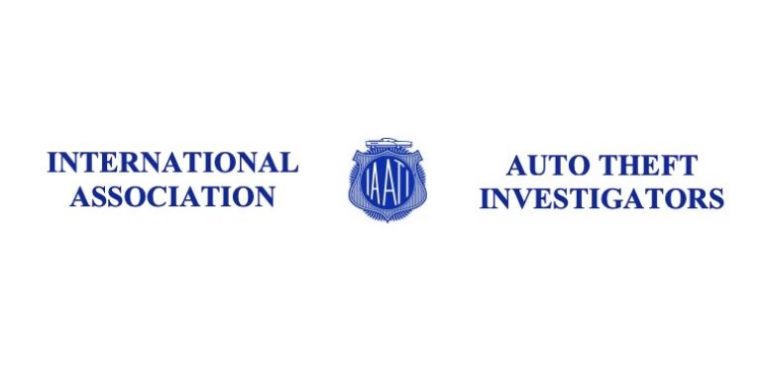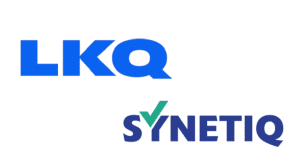Clinton, New York — The International Auto Theft Investigators Association (IAATI) has taken the first steps to address the ‘epidemic problem’ of catalytic converter theft with new legislation.
The IAATI’s proposed law enforcement strategies include, but are not limited to:
- Educate the public on the importance of measures to help prevent the theft of vehicles for the
purpose of removing their Catalytic Converters and the theft of Catalytic Converters from
unattended vehicles, and promote the permanent marking of previously unmarked Catalytic
Converters with owner-applied numbers or after-market labels, such that the Catalytic Converter
is traceable to the VIN. - Promote the voluntary and permanent marking by vehicle manufacturers of Catalytic Converters
on newly assembled vehicles, such that these Catalytic Converters are traceable to the VIN. - Recommend that the Federal Vehicle Theft Prevention Title 49 USC 33101 (6) list of major theft
parts (or the equivalent document within your jurisdiction) be amended to include Catalytic
Converters as a “major part” under the Act (and thus required to be permanently marked and
identified as a component of the specific vehicle upon which it is installed by the manufacturer). - Support legislation to make the theft, possession, purchase, or sale of any stolen Catalytic
Converter or the altering of any permanent identification number on a Catalytic Converter illegal. - Promote legislation that includes the following requirements for all persons or entities that deal in
the purchase and/or sale of Catalytic Converters:- Identify with certainty the person selling the Catalytic Converter;
- Identify with certainty the vehicle from which the Catalytic Converter was
removed; - Require a traceable payment and prohibit cash transactions;
- Require records of Catalytic Converter transactions be maintained and made
accessible to Law Enforcement upon request; - The penalty for not meeting the above requirements needs to be a sufficient
deterrent. - The Environmental Protection Agency (or an equivalent official entity with
appropriate jurisdiction) governs what specific Catalytic Converters can be sold
in that market. If requirements 1 – 4 above are satisfied, theft is not considered
The IAATI also issued a call to action upon law enforcement officials and other authorities, urging them to address the “epidemic problem.”
“The IAATI calls upon Law Enforcement executives, crime prevention, officers, and public information officers to emphasize that Catalytic Converter thefts have become an epidemic problem and promote theft prevention measures and programs that include the permanent marking of Catalytic Converters with the permanent owner-applied identification numbers or aftermarket identification labels traceable to the VIN,” wrote the organization.
Dave McDonald, the owner of Bodyline Auto Recyclers in Hamilton, Ontario, had his own experience with catalytic converter theft back in 2019 when a small group of people broke through the side of the Bodyline building late at night and stole roughly 300 catalytic converters. Even though there was video footage, the police were never able to find the people who did it. McDonald believes that the new legislation is a step in the right direction.
“Doing something is better than nothing. So, I think it would help,” said McDonald, who has his own ideas on how to fix the catalytic converter theft problem. “I think that only dealers should be able to sell catalytic converters.”
For now, McDonald has opted out of keeping a large stock of converters at his shop so history doesn’t repeat itself, as he knows how enticing they are to thieves.
“A catalytic converter is more valuable than gold.”


























